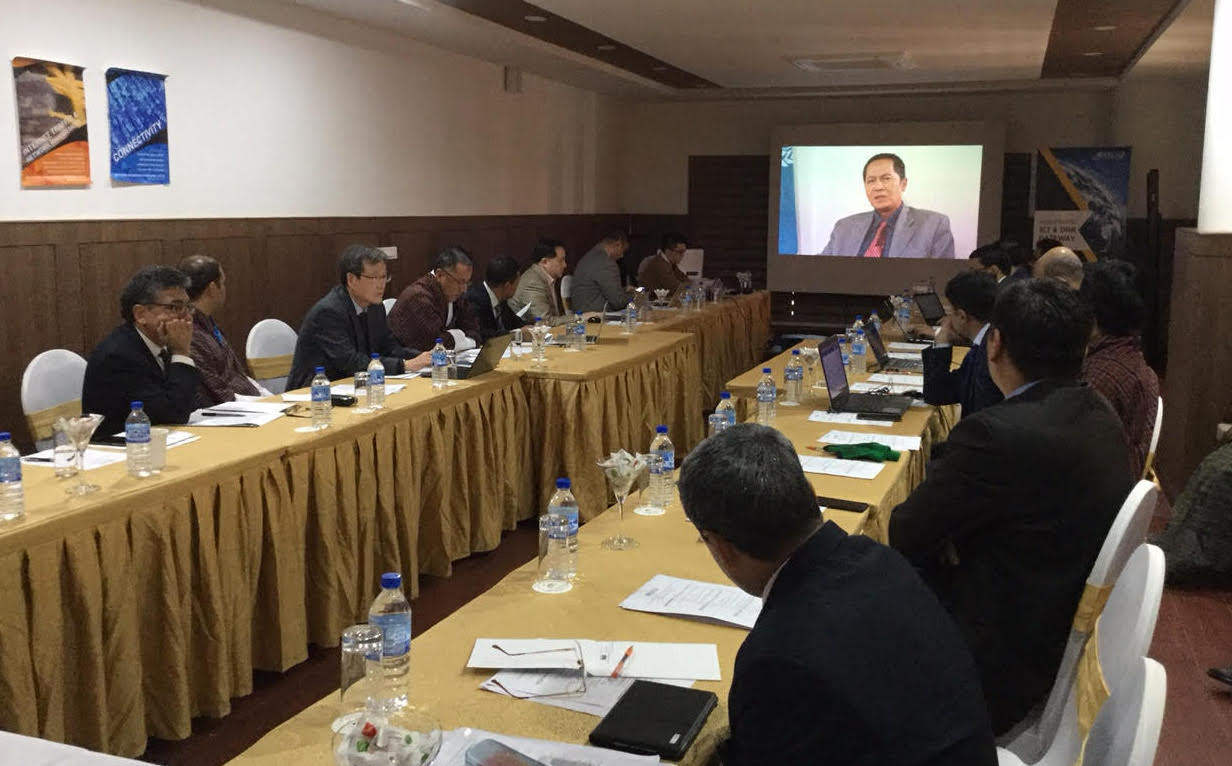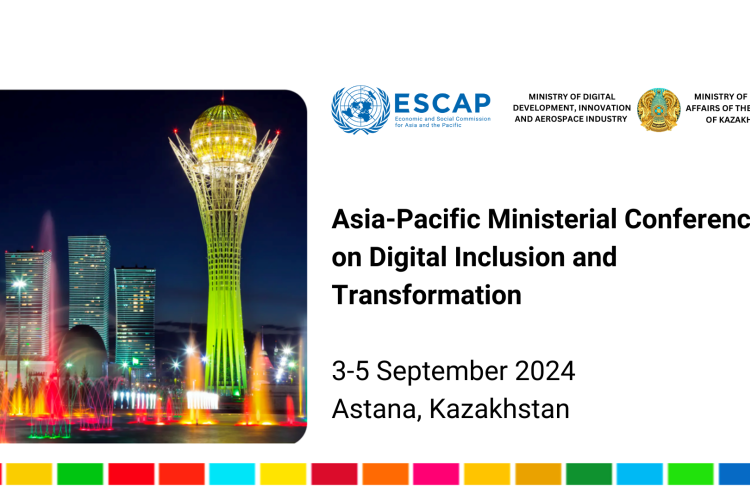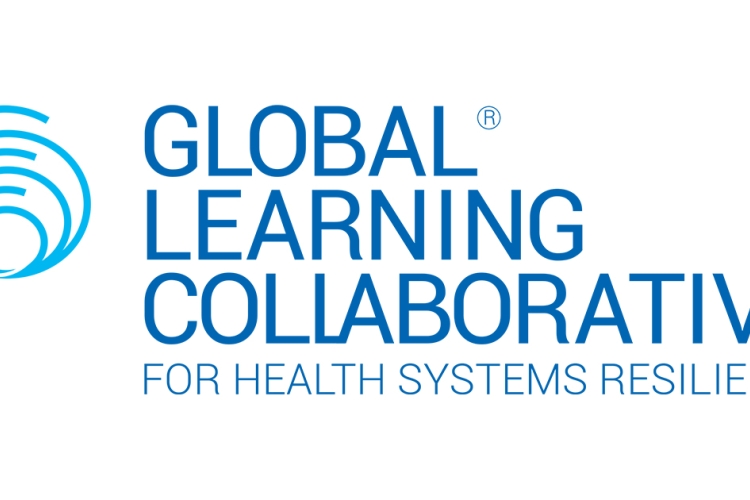Sub-Regional Workshops on Internet Traffic Management and E-resilience for the Asia-Pacific Information Superhighway
On 7 and 8 December 2016 sub-regional workshops on Internet Traffic Management and E-resilience for the Asia-Pacific Information Superhighway will be held in Thimphu, Bhutan.
Information and Communications Technology (ICT) has been recognised to be a key enabler for achieving the 2030 Agenda for Sustainable Development (SDGs), the goals of the World Summit on the Information Society (WSIS), as well as those in the Sendai Framework for Disaster Risk Reduction 2015 – 2030 (SFDRR). Furthermore, as meta-infrastructure ICT supports a wide range of other infrastructures and activities across the whole spectrum of human endeavour that promote sustainable development. Notwithstanding the efforts that each country and sub-region is making towards enhanced ICT connectivity, the broadband expansion in Asia and the Pacific are still slow with widening gaps between countries.
Based on ESCAP analyses, some of the main causes of digital divide have been identified as lack of investment in resilient ICT infrastructure; effective Internet traffic and network management, conducive and enabling regulations for investment, and capacity and awareness among policy makers and regulators, among others. Recognizing these connectivity deficits, the ESCAP member countries decided to pursue a regional broadband connectivity initiative, the Asia-Pacific Information Superhighway (AP-IS), and recently endorsed the AP-IS Master Plan and Regional Cooperation Framework Document during the first meeting of the Committee on Information and Communications Technology, Science, Technology and Innovation on 5-7 October 2016 in Bangkok, which outline the principles, deliverables, timeline and financing mechanisms towards narrowing the digital divide and accelerating the achievement of the Sustainable Development Goals (SDGs).
The AP-IS initiative aims to increase the availability, resilience and affordability of broadband Internet across Asia and the Pacific, by strengthening the underlying Internet infrastructure in the region; promotion of terrestrial and submarine fibre-optic connectivity. The AP-IS pillars are (1) Connectivity (promoting fibre-optic network); (2) Broadband for all (reduce digital divide and provide affordable broadband access to underserved areas); (3) Internet traffic and network management (strengthen international traffic and network management to ensure fast and reliable internet); and (4) E-Resilience (boosting ICT network resilience to support disaster risk management).
Internet traffic and network management is one of the four pillars of focus for AP-IS. In a recent ESCAP study on broadband networks in the Association of Southeast Asian Nations (ASEAN) subregion, findings show that the lack of diversity in ICT internet connectivity reduces competition and increases the cost of access to global internet networks, including via submarine cables. The study found a varied level of costs for Internet transit connectivity, which is correlated with the cost of fixed broadband subscriptions. Landlocked developing countries, where other constraints such as power supply are prominent, have particularly been vulnerable to this challenge.
 Another pillar of AP-IS, e-resilience, addresses a critical weakness in ICT infrastructure development that put emphasis on how to design and implement more resilient ICT infrastructure given their increasing exposure to damage and losses caused by natural disasters in the region. Resilient ICT infrastructure and effective use of ICT at all phases of disaster management has the potential to reduce disaster risks and improve disaster risk reduction as envisioned in the SFDRR.
Another pillar of AP-IS, e-resilience, addresses a critical weakness in ICT infrastructure development that put emphasis on how to design and implement more resilient ICT infrastructure given their increasing exposure to damage and losses caused by natural disasters in the region. Resilient ICT infrastructure and effective use of ICT at all phases of disaster management has the potential to reduce disaster risks and improve disaster risk reduction as envisioned in the SFDRR.
Based on research and analysis conducted on the topics at the national and regional levels, ESCAP recently organized a meeting on ‘Resilient ICT Connectivity for the Knowledge Economy, SDGs and the WSIS Goals and the Eighth Session of the SPECA Thematic Working Group Meeting on Knowledge-based Development’, in Almaty, Kazakhstan, 20-22 September 2016. An ESCAP study identified that the SPECA countries face particular risks associated with earthquakes, floods and extreme weathers and the seismic risks are concentrated around populated areas. While disaster risk reduction (DRR) should be mainstreamed in all sectors, the meeting participants were informed that ICT as a sector was particularly important, as it is a critical infrastructure itself and is an enabler which supports other socioeconomic development in society.
Both pillars of AP-IS, namely Internet traffic and network management and e-resilience, are essential elements to enhance inclusive broadband, the last pillar of AP-IS, and to achieve WSIS goals and SDGs. Based on the above initiatives and research findings, this workshop intends to support countries which face particular challenges, namely South and South-West Asian countries, landlocked developing countries and countries of Regional Consultative Conference on DRR, to identify challenges and opportunities and enhance Internet traffic management, e-resilience and inclusive broadband.
For detailed programme information and presentations, please visit the corresponding ESCAP event page.
Related articles:






